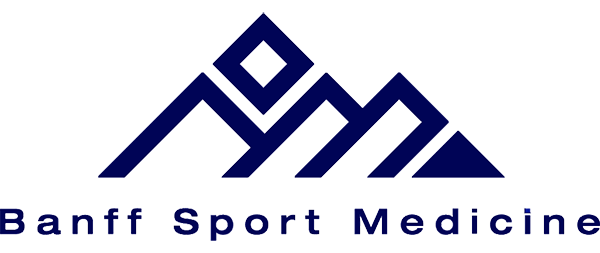All types of surgeries are painful for a period of time. In general, the most painful time is the first 72 hours (3 days) after surgery. The amount of pain usually decreases each day after this.
You will be given medication recommendations, and if required, a prescription to manage your pain after surgery. We also recommend resting for most of the first few days, elevating your surgical limb, and using ice or cold therapy to help you manage your pain.
If you have increasing pain despite spending a lot of time resting with your surgery limb elevated, or pain that does not decrease with medication, you may have an infection or other complication. You should call our office at 403-760-2897, or outside business hours, please call the Banff Mineral Springs Hospital at 403-762-2222.
